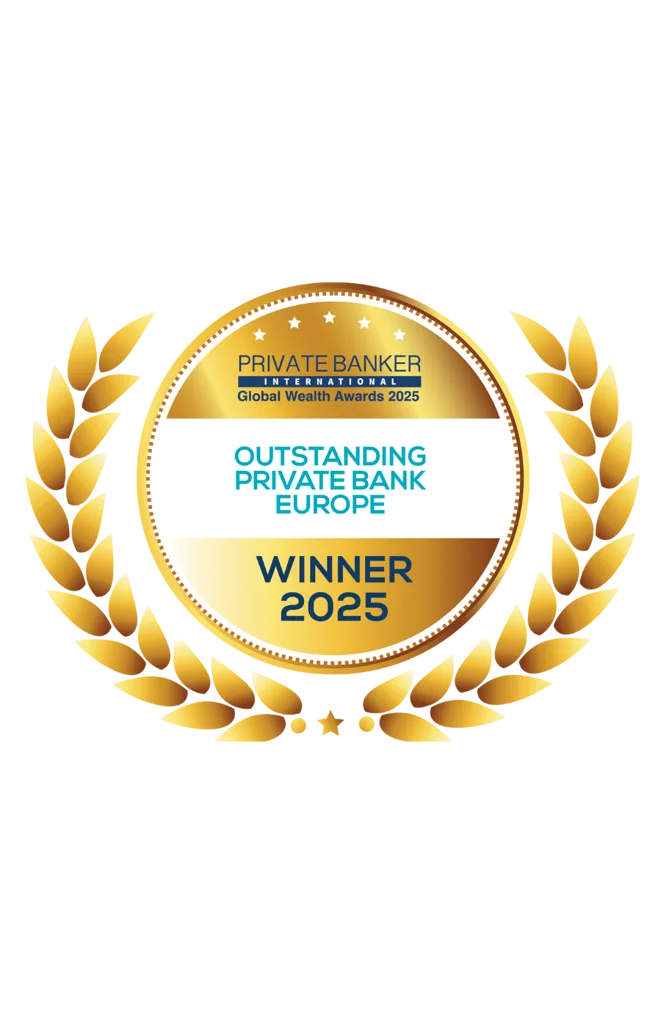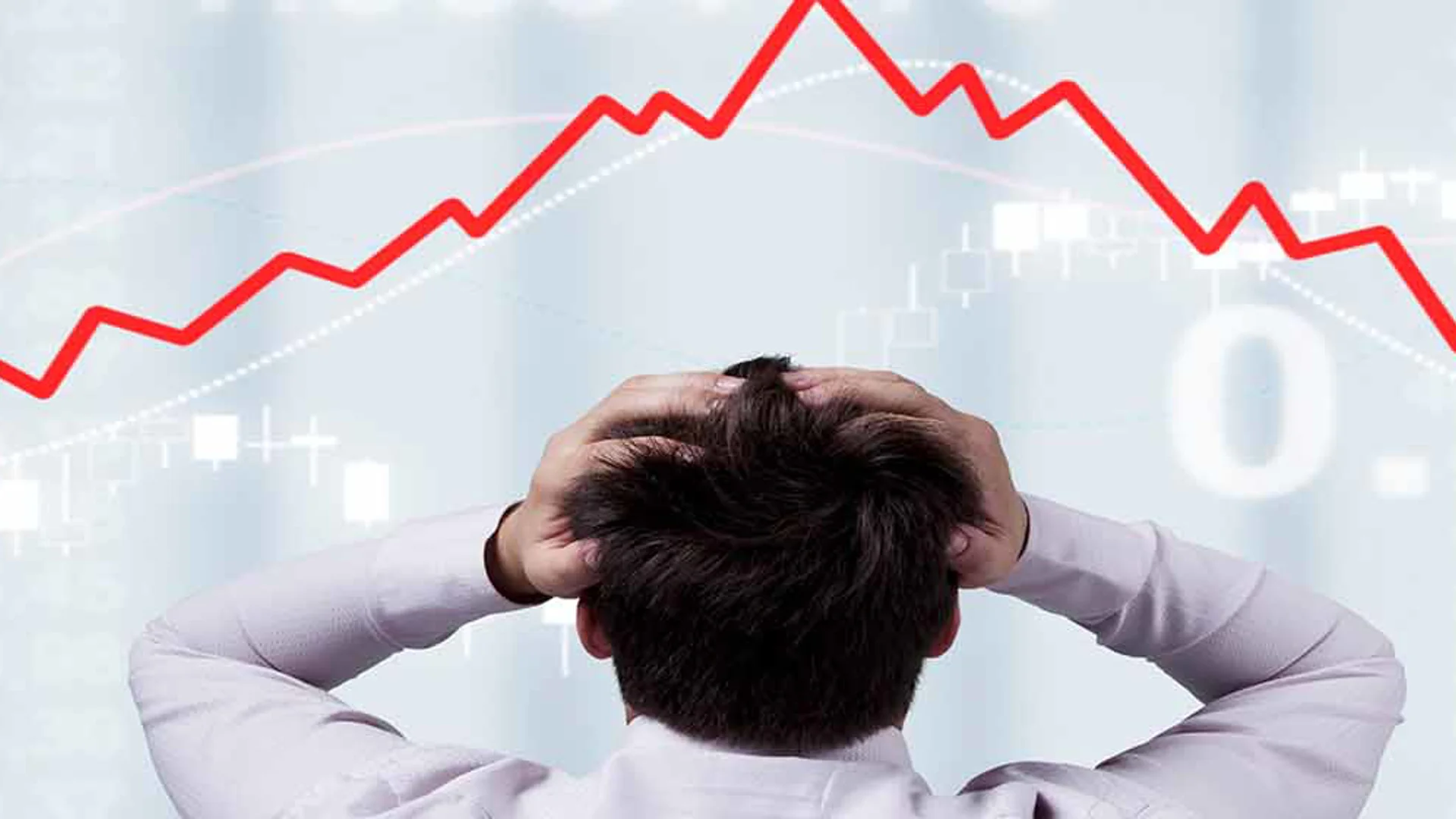WHAT HAPPENED?
The unbelievable became reality. After negative interest rates, we saw a negative oil price for the very first time in history. Yes, you would have been paid to receive oil instead of paying for it. We already explained how this has been possible in Monday’s Daily News entitled “EXTRAORDINARY TIMES: NEGATIVE US OIL PRICES YESTERDAY”. The day after, President Donald Trump ordered the American military to “shoot and destroy any and all Iranian gunboats if they harass” navy ships. The oil price immediately reacted, with WTI rebounding around 25%, and Brent around 7%.
WHAT DROVE IT?
Oil prices are at unsustainable levels for almost every producer. The USA is the largest oil producer in the world with around 15 million barrels per day (Saudi Arabia follows with 12 million and Russia is third with 10.8 million). While the US is much less dependent on oil than other countries, we believe that the Trump administration will continue putting pressure on other oil-producing countries to push prices higher. The latest tweet is just a confirmation that Trump needs to stabilize the collateral damage caused by the pandemic, and oil producers and oil-related jobs are becoming more and more urgent for him.. OUR VIEW - At current oil prices, there will be no winners. Those who initiated this price war need to balance their budgets, while those who were supposed to be the victims need higher oil prices to move their economies out of the current critical situation more quickly. Despite OPEC+’s attempts to balance the oil market, it is likely to continue to be oversupplied throughout the second quarter, with the recent build-up of inventory requiring additional time to be unwound. We note that most major oil producers have significant incentives to manage their output to maximize price not volume, most notably the Kingdom of Saudi Arabia. Oil prices and oil assets have likely overshot to the downside and that a recoveryis likely over the next 12 to 18 months.
MARKET REVIEW
EUROPE
European equity markets ended the session broadly higher on Wednesday. EU leaders will hold a summit today and are widely expected to sign off on the EUR 540 billion package that was agreed by the Eurogroup of finance ministers. One missing piece was an agreement on a European recovery fund. In terms of data, the April flash estimate of the consumer confidence indicator plummeted close to the record lows seen during the Great Recession in 2009.
The Oil & Gas sector led yesterday, as WTI/Brent partly rebounded from heavy falls earlier this week. The European tech sector was also among outperformers as the market found some positive takeaways from STM and Ericsson first-quarter results/guidance. Among banks, Handelsbanken results triggered a rally across the Nordic peer group due to relatively low provisions and confident comments on asset quality.
USA
US equities rallied in Wednesday trading with all sectors higher. Treasuries were weaker, with the curve steepening. The dollar was firmer vs the euro. Gold finished up 3.0%. WTI crude oil ended up 19.1%, but still down over 44% on the week.
Oil rebounded yesterday, though supply-demand mismatch and storage concerns remain intact. Earnings may be another positive, though macro read-throughs are still very limited and there are still expectations that 2020 consensus needs to come way down. The Senate passed USD 484 billion in interim coronavirus support. Netflix Inc. subscriptions were much better but there is likely some pull-forward. Texas Instruments Incorporated is adopting an offensive strategy amid the coronavirus outbreak. Thermo Fisher Scientific Inc. was helped by coronavirus testing demand. Biogen Inc. beat but highlighted coronavirus uncertainty. Snap Inc. beat with record engagement levels. United Airlines Holdings Inc. raised more than USD 1 billion through a share sale. Expedia Group Inc. is close to a deal to sell a stake to private equityfirms.
ASIA
Asian equities were mostly higher in quiet Thursday trade. In macro news, the latest Japan Purchasing Manager Index hit a record low as the press reported the Bank of Japan will consider additional measures to ease corporate financing conditions at next week's policy meeting. China's Hubei province - the original epicentre of the outbreak - saw GDP collapse 40% in the first quarter due to the virus-driven shutdown. South Korea's economy shrank at its fastest pace since 2008 on a steep drop in consumption.
This document and the information and data that it contains relating to products, services or financial instruments, as well as any analyses, assessments, suppositions, judgements, opinions, and estimates presented therein (the “Information”) has been prepared by Quintet Private Bank (“Quintet”) for your exclusive and private use in the provision of personal investment advice by Quintet on the basis of your risk tolerance and suitability. Prior to any transaction or investment in the product, you should make your own appraisal of all the risks, including, but not limited to, the risks from a financial, legal, tax and accounting perspective, without relying exclusively on the Information contained in this document. Please note that the past performance of a financial instrument is not an indicator of its future performance. The Information may be changed at any time without advance notice or any notification being sent to you. Any projections and forecasts are based on a certain number of suppositions concerning the current and future market conditions and there is no guarantee that the expected result will ultimately be achieved. While the Information has been established on the basis of reliable sources and is therefore presumably correct at the date of publication of this document, it is provided with no guarantee, either express or implicit, as to its completeness, accuracy, authenticity, timeliness, validity or relevance and no liability is accepted by Quintet in this respect.





